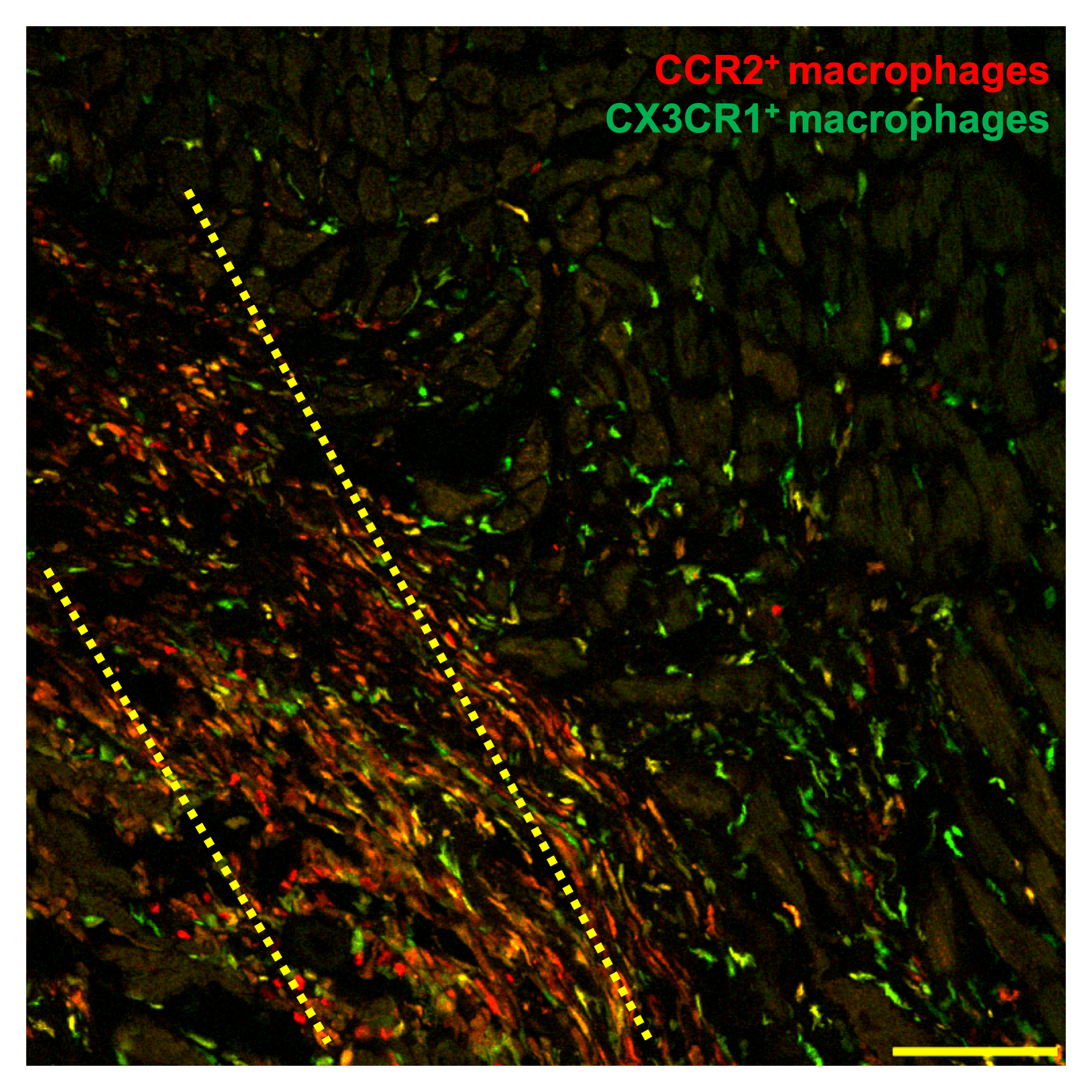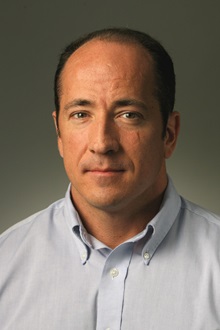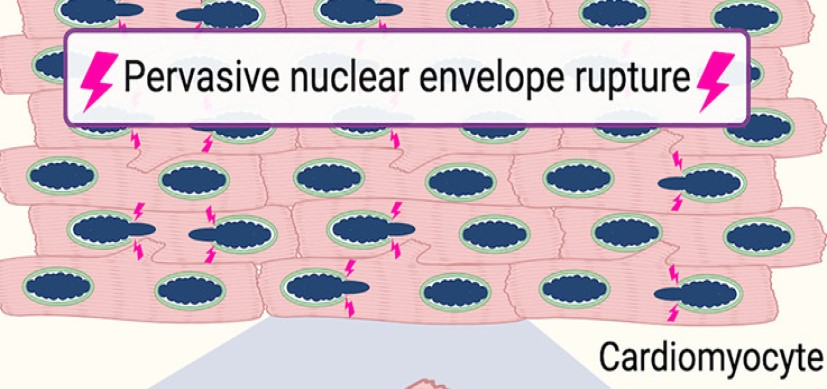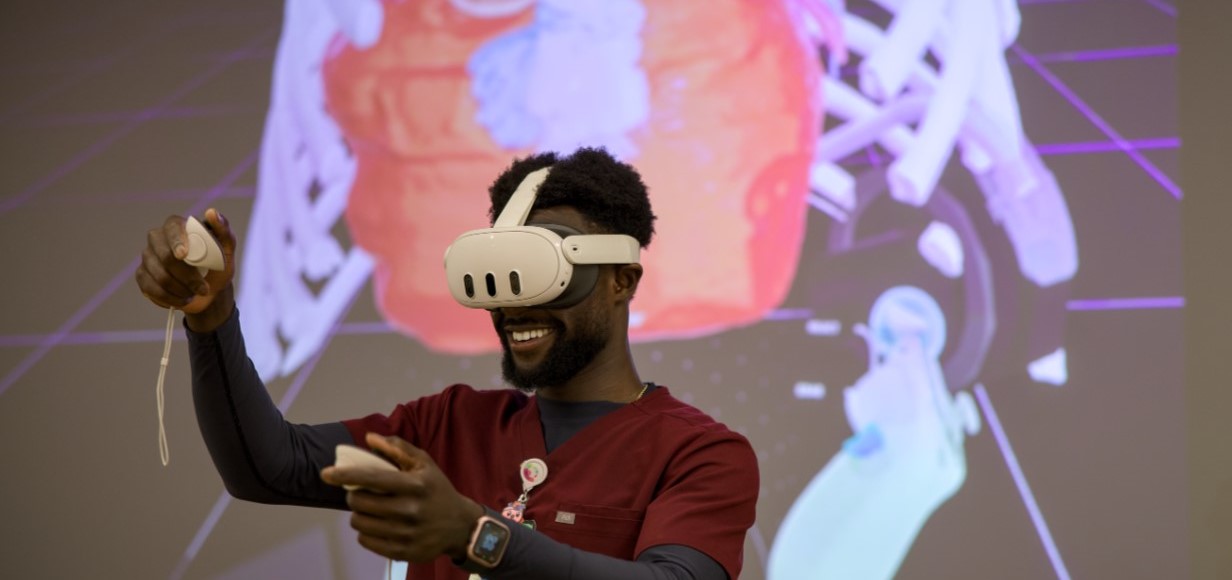NATURE: One Way Stem Cells Actually Help Hearts Heal
Research By: Jeffery Molkentin, PhD
Post Date: November 27, 2019 | Publish Date: Nov. 27, 2019

Injecting living or even dead heart stem cells into the injured hearts of mice triggers an acute inflammatory process, which in turn generates a wound healing-like response to enhance the mechanical properties of the injured area.
So reports a new study, led by experts at Cincinnati Children’s, published Nov. 27, 2019, in the journal Nature.
Mediated by macrophage cells of the immune system, this secondary healing process provided a modest benefit to heart function after heart attack, according to Jeffery Molkentin, PhD, principal investigator, Director of Molecular Cardiovascular Microbiology at Cincinnati Children’s, and a professor of the Howard Hughes Medical Institute (HHMI).
Molkentin and colleagues also noted an interesting finding involving zymosan, a compound that binds with select pattern recognition receptors to cause an acute innate immune response.
Next, scientists plan to look for more ways to leverage the healing properties of the stem cells and compounds they tested.
Read More
See coverage in The Scientist
Learn more about Molkentin’s previous work on cardiac stem cells
—Article written by Nick Miller
| Original title: | An acute immune response underlies the benefit of cardiac stem cell therapy |
| Published in: | Nature |
| Publish date: | Nov. 27, 2019 |
Research By







